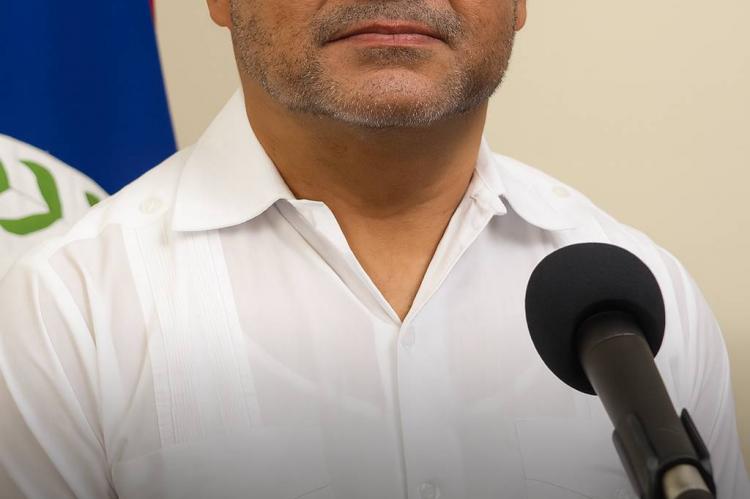Belize Under U.S. Pressure to Sign “Safe Third Country” Agreement
By: Omar Silva I Editor/Publisher
National Perspective Belize I Digital 2025
Belize City: Saturday 26th July 2025
📰 Special Feature News Article
Belize’s foreign policy is once again under scrutiny as the United States intensifies its push for the country to sign a Safe Third Country Agreement—a move that could reshape Belize’s role in regional migration and raise serious questions about sovereignty, resources, and preparedness.
The concept is simple but deeply consequential: under such an agreement, the U.S. could return asylum seekers—many of whom have traveled thousands of miles—to Belize, where they would pursue their asylum claims instead of in the United States.
Foreign Minister Francis Fonseca confirmed that Washington has already provided “draft documents” for review. He said the Attorney General’s Ministry is “vetting” the documents before they are tabled in Cabinet.
Fonseca emphasized that Belize has not yet made a decision:
“They have raised it with us as a government. They have provided us with some draft documents. We are reviewing those documents. We are vetting them… When that process is completed, then the matter will be tabled at Cabinet if the Prime Minister so deems appropriate.”
U.S. Pressure or Partnership?
When pressed by reporters on whether the U.S. is leaning heavily on Belize, Fonseca replied:
“No undue pressure… They have been very respectful in the process.”
But observers note that the U.S. has already persuaded Guatemala, Honduras, and Mexico to sign similar agreements—agreements that have turned those nations into asylum processing zones for people seeking entry to the U.S.
For Belize, the implications are staggering. Could a nation of just over 400,000 people suddenly face an influx of thousands of migrants from Africa, Haiti, South America, and beyond?
Capacity Questions
Belize’s immigration infrastructure is already strained, with limited resources to process even regular applications. Housing, security, and legal aid for asylum seekers would demand millions in funding and planning that Belize currently does not have.
Critics warn that such an agreement could turn Belize into a holding ground for the U.S.’s asylum backlog, placing overwhelming strain on the country’s border security, public services, and fragile economy.
Fonseca’s Leadership Under the Microscope
Fonseca, who had no foreign relations experience before being appointed Foreign Minister, has already faced criticism for signing a Memorandum of Cooperation (MOC) that hands over Belizean citizens’ biometric data to U.S. Homeland Security.
Now, he faces scrutiny again—especially after his recent trip to Washington where he did not meet Secretary of State Marco Rubio, despite acknowledging that the “Safe Third Country” issue was raised by the U.S.
Instead, Fonseca said Belize’s “great working relationship” is with Deputy Secretary Brian Landau and insisted that Belize remains “a friend” to the United States.
What’s Next?
Fonseca stated that the Cabinet will discuss the issue once the Attorney General’s review is complete. But critics argue that the Belizean public has not been informed or consulted, despite the enormous implications for national security and sovereignty.
- Log in to post comments

